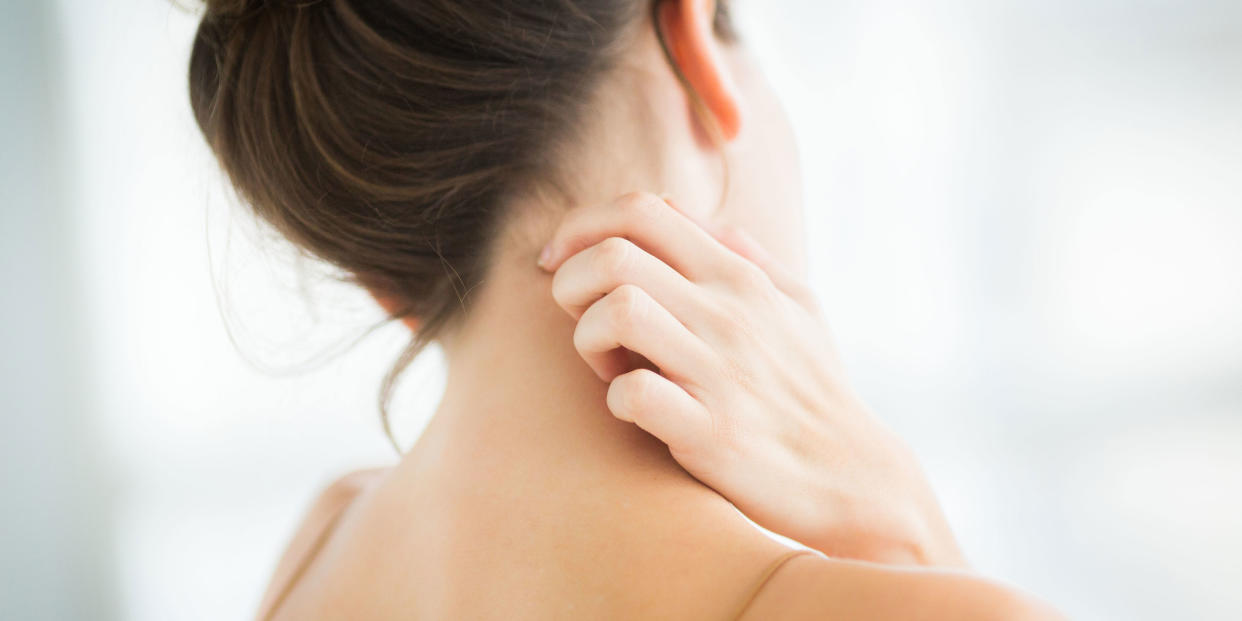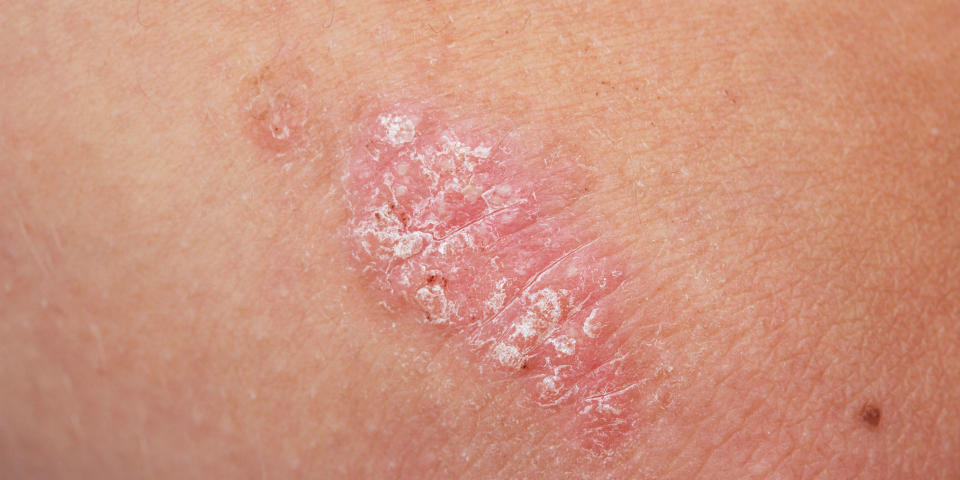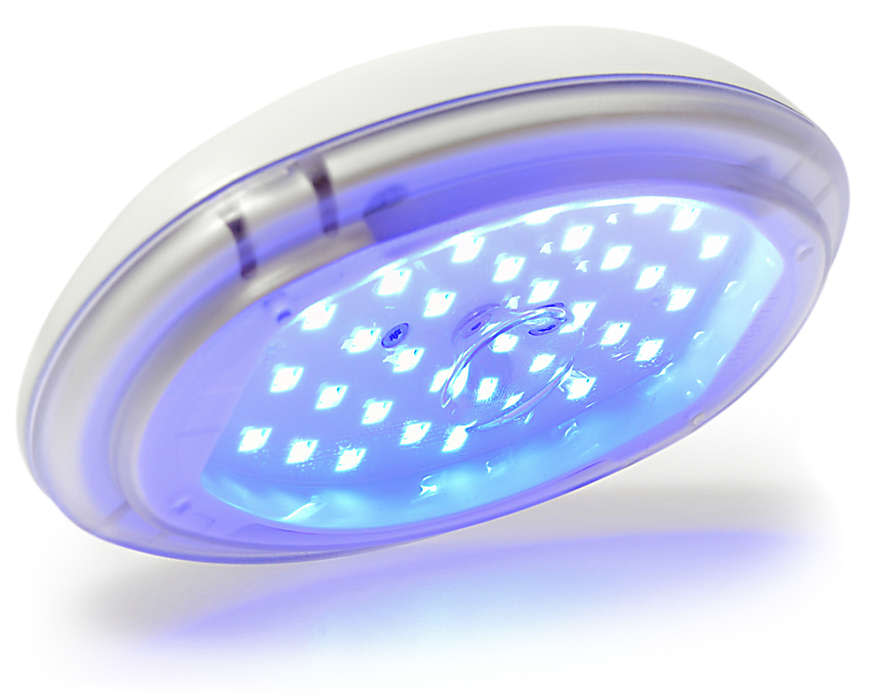Why don't we take psoriasis more seriously?

Why don't we take psoriasis seriously? While most people have heard of it, there's something about it being to do with the skin that makes us think it's not that bad.
Even some doctors don't take it seriously with many sufferers struggling to get their GP to refer them to see a specialist.
Psoriasis is one of those conditions that is gravely misunderstood. Too often it's dismissed as little more than a rash or dry skin, when in fact it is a serious, auto-immune condition that affects the skin (and also sometimes the joints) and can have devastating effects on sufferers, not just because of the pain and itching that it causes but also the psychological effects.
There are actually several different types and it affects about 1.8 million people in the UK, with about a third of this number having the moderate to severe form. For the milder forms, self-care treatments can be effective and I suspect this has led to even doctors becoming complacent about how serious the condition can be.
Celebrities, such as Britney Spears, Kim Kardashian and Cara Delevinge have the condition and have been photographed during flare-ups with the distinctive red, scaly patches on exposed parts of their body. But they are lucky enough to have the milder forms of the disease. For some, large parts of their body can be covered in the plaques, which are acutely painful as well as unsightly.

Many sufferers are too embarrassed and ashamed to leave the house, worried that people will think the rash means they are dirty or infectious. Research into the impact the disease has on people's quality of life has shown that it is actually similar to a heart attack.
60 per cent of psoriasis sufferers have a clinically significant psychiatric illness. Rates of depression are around a third in those with moderate to severe psoriasis and a similar number have been found to have problems with alcohol.
Research estimates that about 10 per cent of sufferers at any one time are suicidal with 5 per cent actively contemplating suicide. Suicide attempts are 10 times higher than the general population. Unemployment is three times higher in sufferers than non-sufferers. These statistics show how psychologically devastating the disease can be. Research has shown that 75% of patients with psoriasis are not satisfied with their treatment. But many don't even realise that there are new and effective treatments coming on the market all the time and too often doctors are ignorant too.
New psoriasis treatments
Until now, for those with the more severe forms of the disease, the only treatment options came with significant side effects, including the risk of developing cancer. But there are now new hopes for sufferers with new medications now being approved and more on the horizon.
For example apremilast has just been approved on the NHS for those with moderate to severe psoriasis. I recently chaired a meeting at the annual conference of the British Association of Dermatologists where this drug was discussed and it generated a lot of excitement. It is particularly useful in patients with moderate to severe psoriasis and it doesn't have all the horrible side effects of other drugs used to treat the more severe types. Rather than an injection, like many of the other drugs available, it's a tablet. It doesn't require blood monitoring, it's safer than other drugs in breastfeeding or pregnancy and you can drink alcohol on it. It's not a wonder drug, it's not right for everyone, but for many people's it's better tolerated than the current alternatives. It is now available on the NHS across the UK.

On the self-care front, Philips have also developed a 'wearable' psoriasis treatment called Philips BlueControl. It's a small machine that is worn against the skin and emits an innovative blue light therapy. It's far safer than ultraviolet light, which many psoriasis suffers find helps their plaques, and has been shown to be particularly effective in managing mild to moderate psoriatic outbreaks. Unlike the UV treatment available in hospitals, which can be time-consuming and inconvenient, it's small and lightweight so can be used at home.
It's not yet available on the NHS meaning patients have to pay for it themselves. It's £349 but as many sufferers will know, this is not as expensive as it sounds compared to the amount of money many sufferers end up spending on lotions and potions in their quest to find something that works. It also comes with a 90-day money back guarantee.
We need to do more
Research has shown that the psychological problems faced by those with psoriasis are a result of a number of different factors, from other people's reactions and unkind comments through to the physical symptoms such as itching or pain associated with it. It astonishes me that we don't pay more attention to the psychological impact and too often still dismiss patient's concerns as vanity. Another factor is the sense that there is no hope and that there's little that can be done to tackle the symptoms. This simply isn't true. If the GP isn't able to help, then dermatologists with a special interest in psoriasis should be able to assess the severity and recommend treatment accordingly. If we're to improve the mental wellbeing of people with psoriasis, then they need to know that help is available.
You Might Also Like


